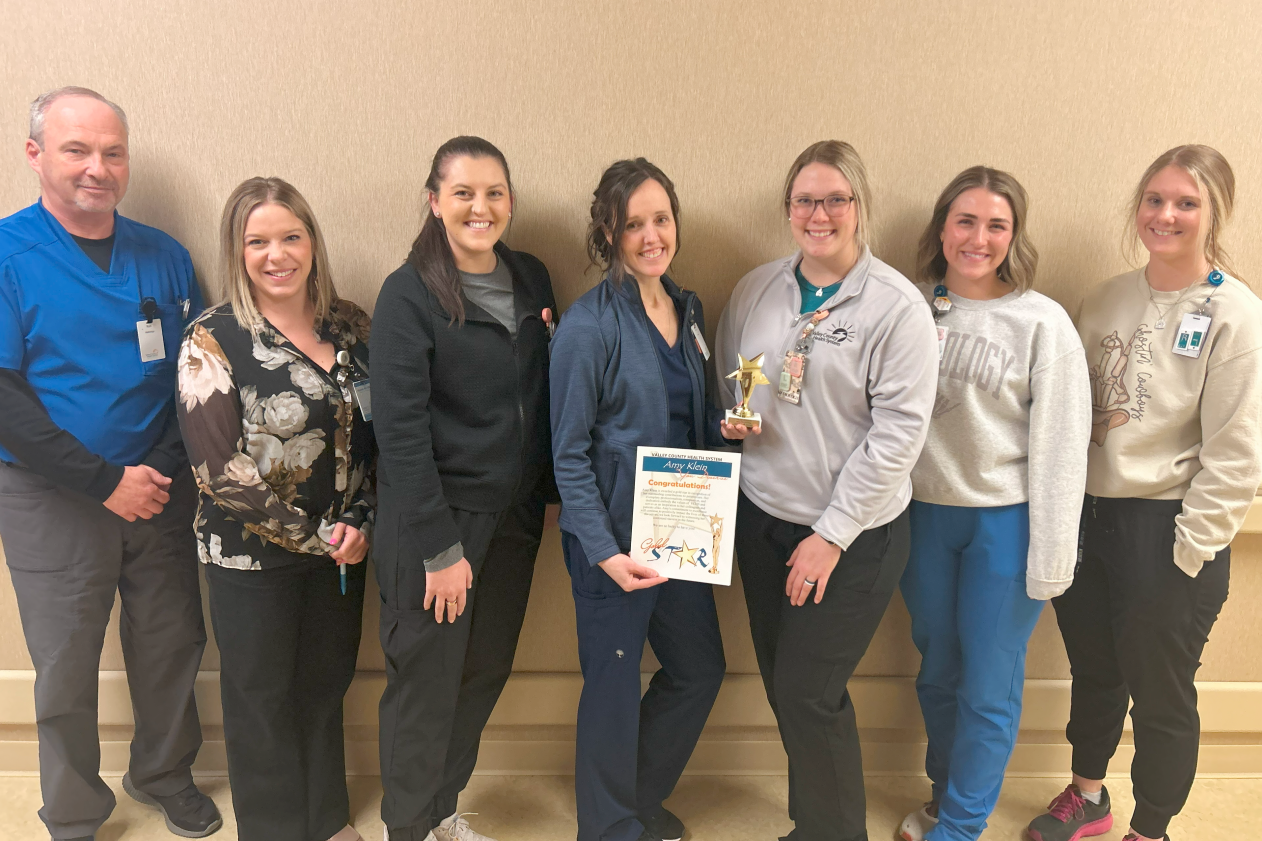
Tips For Carpal Tunnel Relief
Have you ever felt your arms or hands start to tingle? Perhaps your hands or arms become numb for a short amount of time. If these feelings persist for months or get worse with time, you might have carpal tunnel syndrome.
Carpal tunnel syndrome can occur when you pinch a nerve in your wrist. Often, this occurs during everyday activities such as manual labor, using a vibrating hand tool, or playing an instrument. Computer work or typing might cause carpal tunnel as well.
Carpal tunnel syndrome will typically start slowly. It might only affect one of your hands or, in some cases, both hands. If you are experiencing mild symptoms of carpal tunnel syndrome, such as occasional numbness or tingling in your arms or hands, you might be able to find some relief with a few lifestyle changes. Here are some tips on how to get relief from the symptoms of carpal tunnel syndrome.
Take Breaks
When you are doing something repetitive such as typing, playing an instrument, or using a power tool, set a timer before you start for fifteen minutes. When the timer goes off, take a break and stretch your hands. Move your wrists around to help improve blood flow to these areas.
Splints
Wearing a splint during the evening could provide you with some relief as it is during these hours that symptoms are the most common. Keeping the wrists straight helps to alleviate some of the pressure on your median nerves. If you are struggling with symptoms of the carpal tunnel during the day, you can wear splints on your wrists while you are at work.
Lighten Up
Often people will strain or force tasks such as typing, writing, etc. If you notice that you are clenching or straining while doing these tasks, try to relax your grip or reduce the amount of force that you are using. Tap the keyboard a little lighter or use pens that have a softer grip when you are writing.
Flexion
Try to avoid any activities that will make you flex your wrists to the extreme in any direction. Try to keep your wrists in a neutral position as often as you can.
Keep Warm
One way to help alleviate stiffness and pain is to keep your muscles warm. Keeping your hands warm is one of the best ways to help alleviate some of the symptoms of carpal tunnel syndrome. Wearing fingerless gloves or having a hand warmer nearby when you are performing repetitive tasks can help with some of the symptoms of carpal tunnel. You can also use a warm compress in the evenings after you have performed repetitive tasks during the day. This can help to relax the muscles and ease some of the pain you might be experiencing.
Exercises
Performing exercises to strengthen your arms and hands can be very important when it comes to treating the symptoms of carpal tunnel syndrome. Lifting weights to strengthen your wrists can help to ease some of the issues that you might be having. It is essential to make sure that you are stretching your arms, wrists, and hands regularly, especially when you are performing repetitive tasks. Taking the time to do this can go a long way when it comes to dealing with carpal tunnel syndrome.
Over the Counter Medications
If your carpal tunnel symptoms are causing you to experience pain, using over the counter medications such as ibuprofen and aspirin might help. These medications can help to alleviate any problem that you are experiencing. Additionally, these over the counter medications help to reduce inflammation around the nerves, which is likely what is causing you to experience pain.
Another option is to purchase topical menthol. There are several types of topical pain medications that you can use. Aspercreme and Biofreeze can help to alleviate some of the pain that you might have as a result of carpal tunnel. It is essential to follow the directions on the package and to talk to your doctor about different medications that you might use for your pain.
Severe Cases of Carpal Tunnel Syndrome
If you try the above tips for relieving some of your carpal tunnel syndrome symptoms and you are still experiencing pain and other issues. As a result, talk to your doctor about the different options that might be available to help give you some relief.
Corticosteroids might be given to you by your doctor as a way to ease the inflammation and pain that you are experiencing. These steroids will help to reduce the amount of pressure and swelling that is being placed on the median nerves. An injection will be more effective than taking oral steroids. If your carpal tunnel is caused by an inflammatory condition such as arthritis, these shots can be therapeutic.
For those who have severe carpal tunnel syndrome, surgery might be recommended to alleviate some of the pressure on the nerve. Surgery will often involve making an incision or two in the area that is affected and then cutting the ligament that is causing the problems. This helps to increase the space near the nerve. Eventually, the ligament grows back with more room for the nerve than there was previously. If you have a severe carpal tunnel, your symptoms may not completely disappear with surgery. Still, it should help prevent further damage to the nerve and help you feel a bit better.
Conclusion
Carpal tunnel syndrome can be quite painful and very disruptive to your day to day life. If you are experiencing symptoms for quite a while, it is important to see your doctor determine ways that you might be able to alleviate the pressure and the pain that you are experiencing as a result of carpal tunnel syndrome.
At home, remedies will often provide you with some relief. However, if the at-home remedies are not working, there are other treatment options available from your doctor. This might include corticosteroid injections or possibly surgery. The best way to prevent further damage to the nerves is through early diagnosis and proper treatment.

